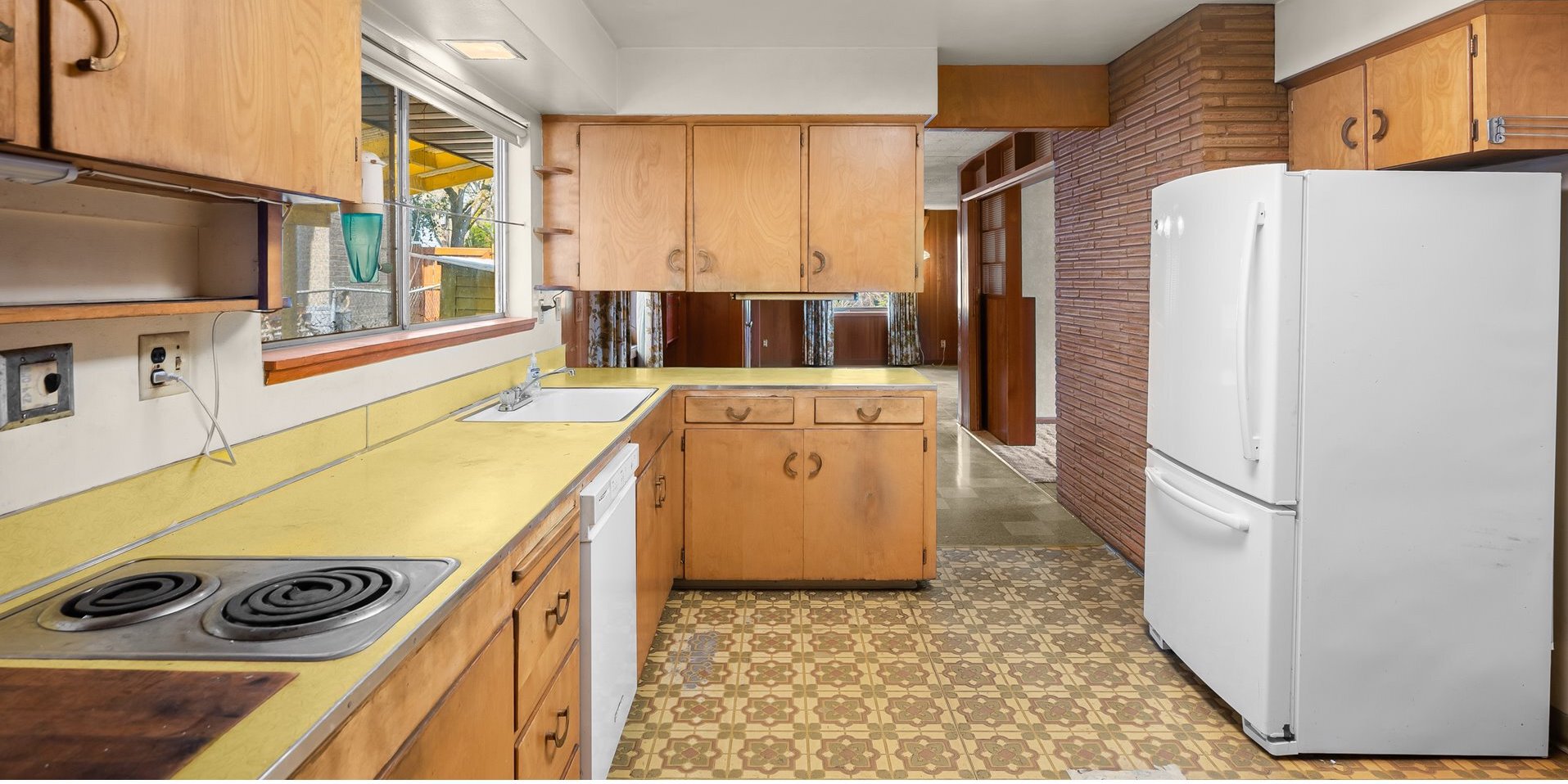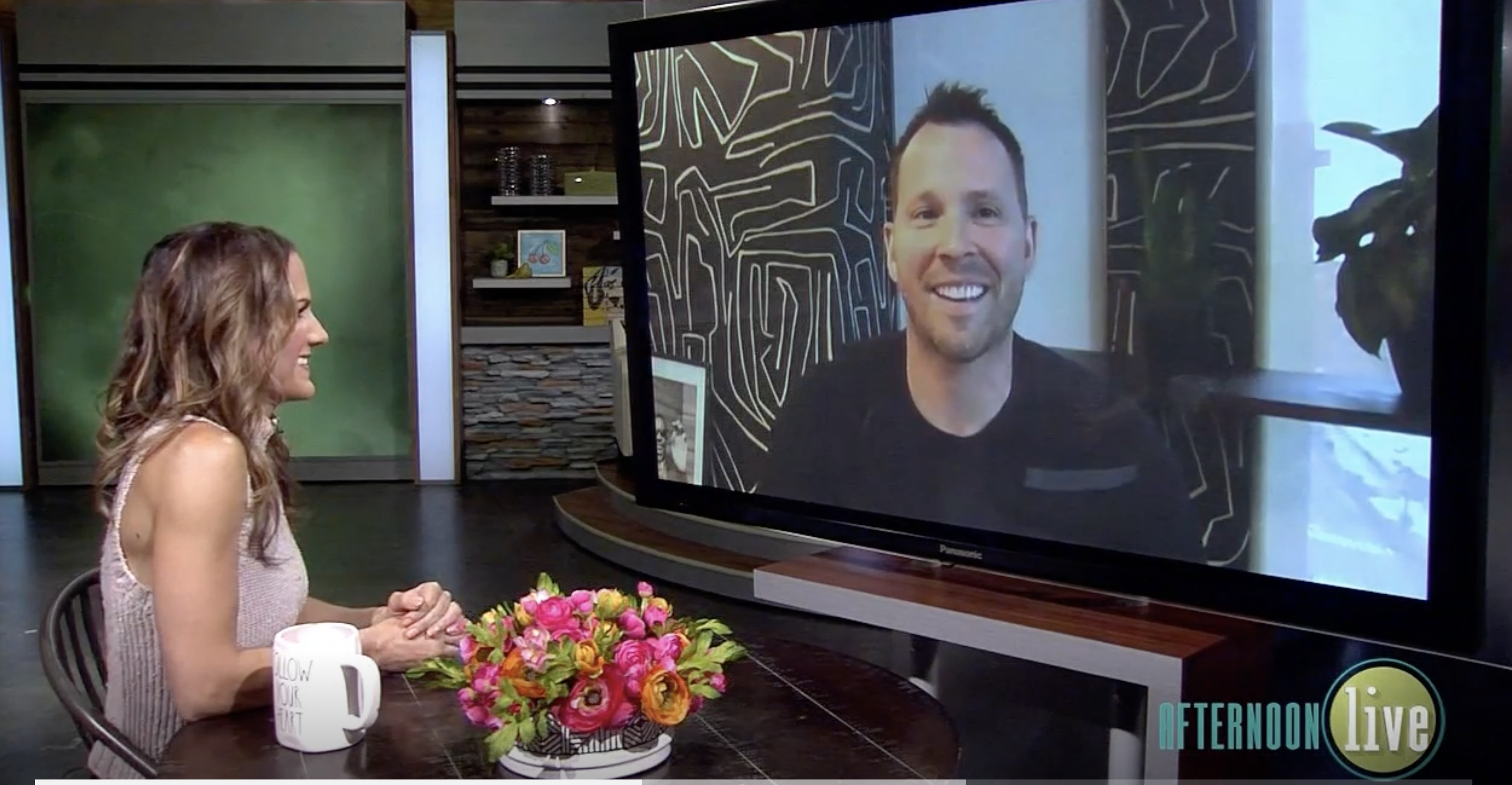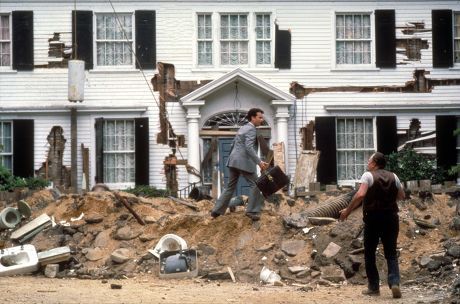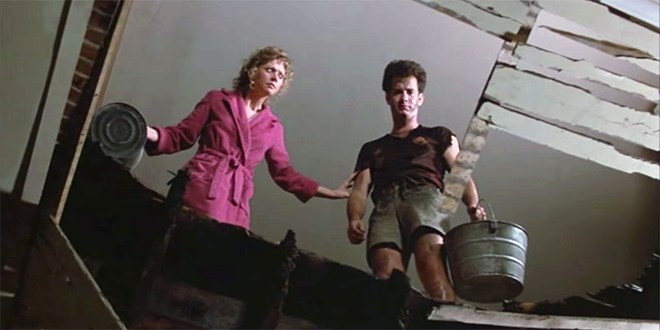Flipping Houses: Interview with Bobby Curtis Part 2.1
Looking back on the interview and my responses from 2019 on house flipping was interesting. I remember lessons I’ve learned from the houses I have flipped since 2011. But I’ve learned quite a bit more since 2019 as well. Not just because I have remodeled and sold more houses myself, but because I have helped others start their flipping business and represented them as a real estate broker. So, I’ve been able to learn even more from them. Some things they have done how I would have, and others done differently. I’ve learned from both and would like to expand on the responses I had based on the experiences I’ve had since that interview.
1. WHAT ARE THE KEY FINANCIAL CONSIDERATIONS REAL ESTATE FLIPPERS SHOULD THINK ABOUT BEFORE THEY BEGIN A NEW PROJECT?
I didn’t have a bunch of money to start my business when I began in 2011. What I was able to do is get creative with financing. Borrowing money is actually one of the easier components, which I wasn’t expecting. There are many private money lenders out there who want to lend people money to restore houses. They have a cap, of course, on how much they will lend. That’s partially based on how much work and money you plan to put into the house, and it’s after repair value (ARV)- basically what it’s projected to be worth when your finished.
Generally, you will need to start making payments on the loan you borrow from the private money lender within 2-4 months, so make sure you have enough money to start paying that back if you haven’t finished and sold the property yet.
2. HOW DO YOU DETERMINE A BUDGET WHEN IT COMES TO FLIPPING A PROPERTY
When I look at house, I begin to determine what to do with it by seeing what nicely remodeled houses look like that have sold in the area. I am a data junkie. It’s worked for me, and it gives me confidence that people are already going for it. The ideal scenario is when you buy a fixer house, there are many ARV comps (comparables that represent what the house will look like). These comps show what designs trends are selling, how people are using spaces in a house, and what the overall property has to offer.
If I’m coming into this field with no experience, I should rely heavily on these comp houses. They will be a good guide for what I should consider doing to this fixer house. And that is the beginning of my budget. I start to determine the cost of each update, upgrade, improvement in the house to get this house on par with the comparables I’m looking at. One question I have gotten a lot while clients have been remodeling houses is “I’m trying to decide between putting in this or that in the house”. Before I give my personal opinion, I ask them to go back to the best ARV comps we looked at when they bought the house to see what was done there. This usually gives enough insight to help them make the best decision.
3.WHY IS PROJECT MANAGEMENT SO IMPORTANT IN HOUSE FLIPPING?
I have not met a house flipper who is not a good project manager. The job is dynamic. There are so many facets to it: budgets, design, hiring, collaborating, and constant critical decision making. You have to become a skilled conductor to do this well. That doesn’t mean you need to be an expert project manager when you start (but it sure would help). A good project manager, and generally one who has something at stake, can make or break a profitable house flip. If you decide to hire a project manager, they need to have some kind of bigger incentive to make sure the project runs smoothly, great contractors are hired, timelines and budgets are followed. But honestly I’d rather you just be the project manager yourself, and get some help if you’re not great at it in the beginning. Nobody has more at stake than you.
As a project manager, I have had clients ask me what they should do in one circumstance or another, and even if I would make the decision for them. I can’t. The most I can do is tell them given the information I know, if I were in your shoes I think I would do this. But, everyone has a different set of circumstances, priorities, and risk tolerances. That’s important for you to balance out before making decisions.
Another thing- you might have a great design, but if you blow the budget and timeline, that design better be the VERY best to support someone paying tens or hundreds of thousands more for the house because you went so far over the budget and timeline. And it’s possible someone will. Just know it’s a risk.
4. WHAT ARE SOME KEY MISTAKES THAT CAN MAKE HOUSE FLIPPING A FLOP?
I stand by my original answers here but will expand on them.
A. Putting in materials and finishes that don’t work. Make sure people are already buying houses with the design ideas you are using. In this field we have so much at stake, so we are constantly looking for ways to mitigate risk. Having data- ie comparbles that show what materials and designs others have put in houses that have sold for prices we’re looking to sell our house for is important. If you decide to venture off to a new or different design, it’s okay. Just know that you are adding a component of risk since we don’t have that kind of data to support it. What makes me feel more confident with your non-supported design choices is if you’re already a successful designer or you’ve hired one to help with your remodel. That of course, brings those risk levels down.
B. Buying a house with no good comparable houses. There are different levels of comparables. The best ones are close by, same era, square footage, style, with same size yard and amenities. There is no perfect comparable but we want to get as close as possible. The idea here is we want to decrease the number of variables between our house and the ones that have sold so we have a more than a strong intuition of what we can sell this house for when it’s finished. Did I mention I’m a data junkie? J
C. Putting a house up for sale before it’s 100% complete. Please don’t. Sometimes you’ll have success with it, but in the long run I have found it’s not a great idea. This is such a big investment for the end buyer. Generally when we list these remodeled houses, they are the most expensive houses in the neighborhood, outside of new construction. If someone is going to pay the highest price, they want to walk into a house that is completely buttoned up. We never know what people will cling to, or what will leave a lasting impression (good or bad). If something is unfinished, buyers will put together stories in their head and wonder why it isn’t complete, or why the rush to put the house up for sale. It just leaves a lasting bad impression that they may not even able to put their finger on.
D. All D-I-Y work. You may be a skilled craftsman, carpenter, or extremely handy. Even if you are, it’s unikely this is going to be convincing enough to me for you to do everything. While you may love house flipping, it is a business, and timelines are important. If we’re looking at ARV comparbles that sold three months ago when you buy the house, and it takes you a year to remodel the house, then we are essentially relying on 15 month old data for what the house should be worth when you’re done with it. Real estate markets can change so much in that period of that time. I don’t want you to rely on getting lucky that the market will improve for sellers in that time.
E. Taking too long. See above.
5. ANYTHING ELSE TO ADD?
Be curious. Be a self-starter. Spend time wandering around neighborhoods. Go through open houses to see what houses that are going up for sale right now are going for and what condition they’re in. Join a real estate investor group so you can see and hear about what other investors are doing locally. You can also learn about some of the nuances that make house flipping unique in the area you live in. Hire great people, and people you enjoy working with. Now that this is your business, these are the people you will be spending a lot of time with.
If you missed the original Interview Part 2, you can see that here.




